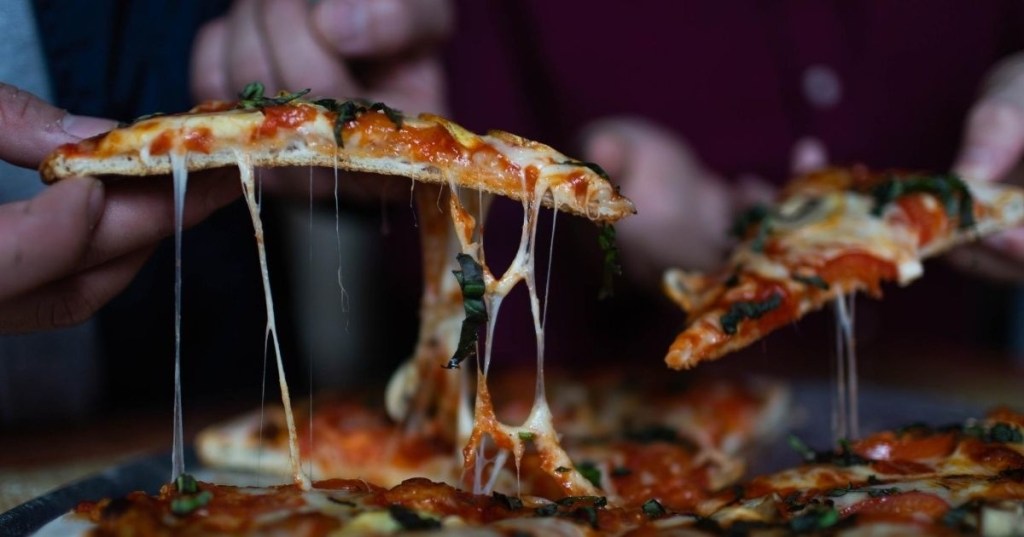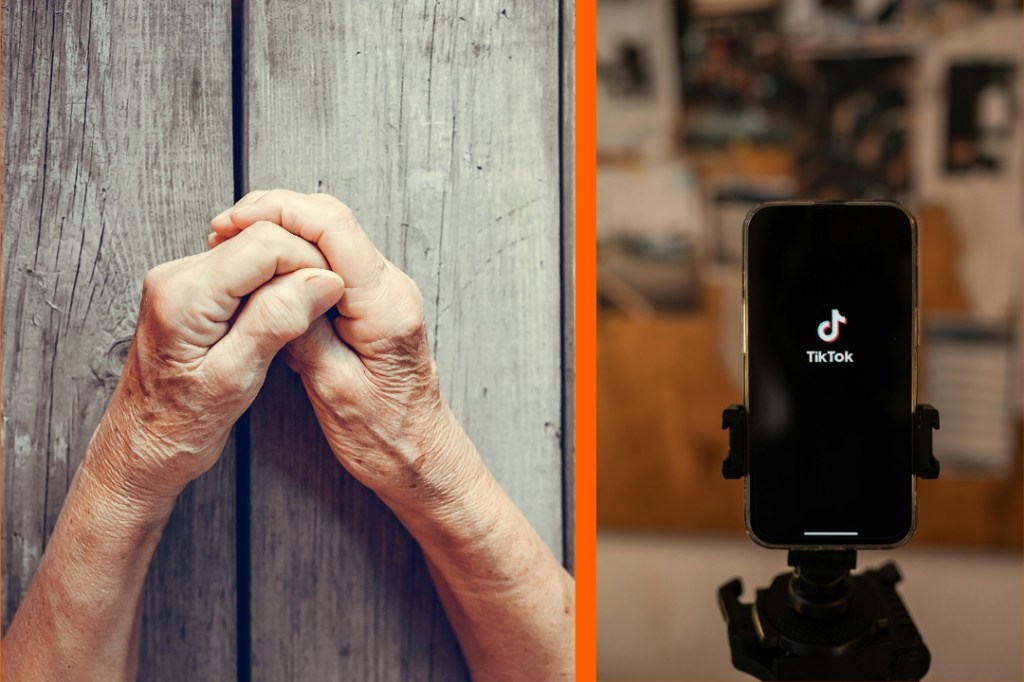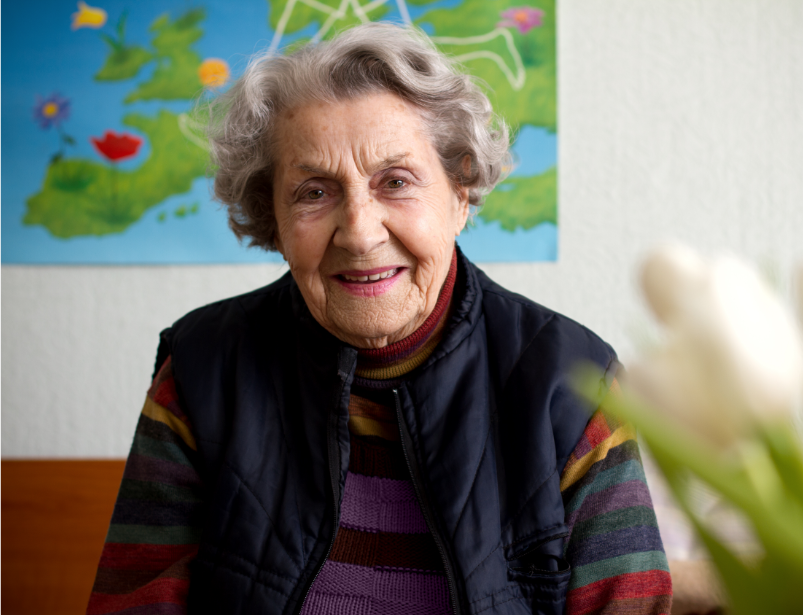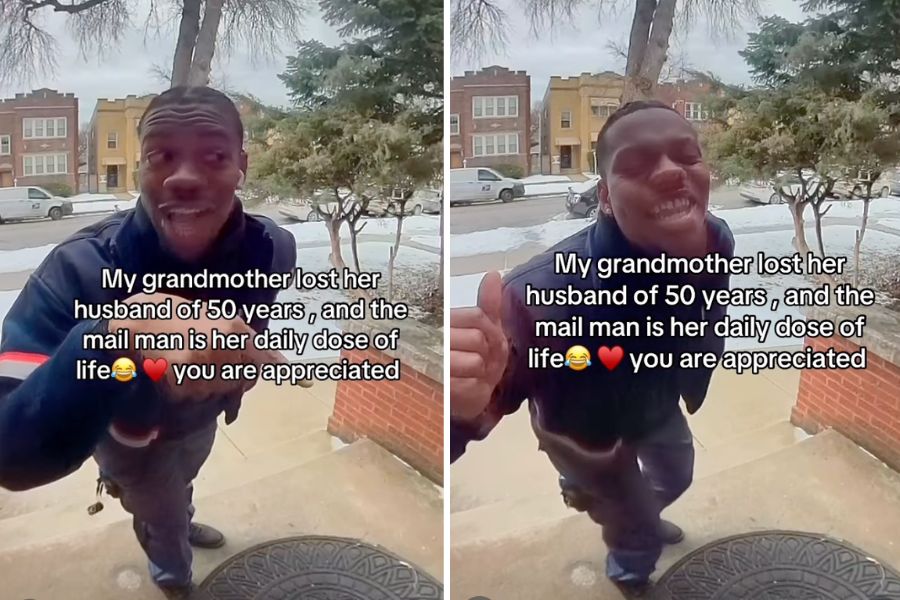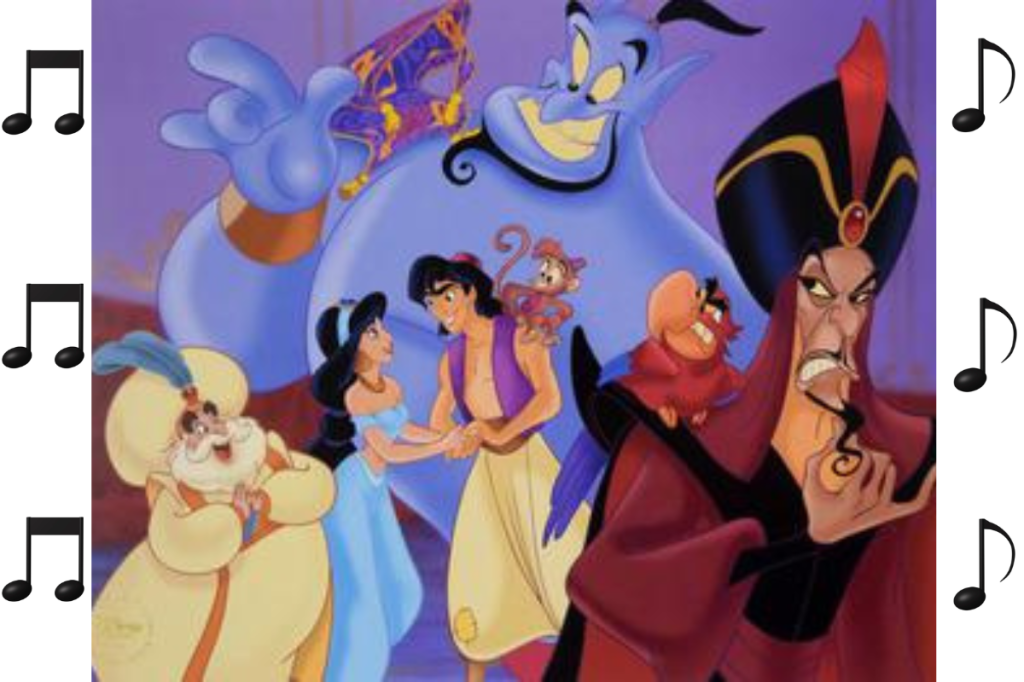I’ll say this up front so that there’s zero confusion: Child sex trafficking is real, it’s heinous, and it’s been going on for a long time. Everyone who buys or sells a child or partakes in harming a child in any way should be prosecuted and punished to the full extent of the law. There is no place in civil society for people who sexually abuse children or who profit off of the abuse of children. Full stop. No question.
But we have careened into some twisted waters in our social discourse around child sex trafficking, to the point where the real issue of is being conflated with outrageous conspiracy theories that deflect from the real work being done to save children, put innocent people in harm’s way, and interfere with the integrity of our elections.
I wrote about this issue recently and was met with accusations of being paid off by powerful pedophiles (ugh, seriously?), a flood of people saying “No, you’re wrong!” while offering zero evidence, and a bunch of YouTube and Facebook videos that people seem to think are credible sources. I got fake screenshots of supposed Wikileaks emails that aren’t actually on Wikileaks when you search for them. I got people who only listen to fringe outlets that have no oversight or accountability claiming that my well-cited, real news sources were a part of the whole conspiracy. All of that stuff I could ignore. Whackadoodles are gonna whackadoodle no matter how many facts you throw at them.
But I also got a few people sharing a list of nearly 100 politicians and other powerful people who have been convicted of child sex crimes. That was different, because it was factual.
There have been dozens of politicians who have been convicted of sex crimes involving children, and the list itself was accurate. (One particularly viral version of the list linked the people with Ghislaine Maxwell—that part is false, but the crimes are real.) Politifact, in a fact-check of the Facebook post, even put together a Google doc with a news story corroborating each one on the list.
However, that list is not evidence of some sort of global cabal of evil, pedophilic overlords who are engaged in coordinated rituals of child sacrifice and child sex trafficking.
When you see a list of name after name and crime after crime, it’s easy to think “Wow, this is insane! So any politicians and powerful people are involved in this stuff!” It looks like a huge number. You have to scroll and scroll to get through all of those names and headlines. But let’s put our ability to reason to good use here.
That list —which includes around 60 politicians and 30 people adjacent to politics—includes elected officials at the local level all the way up to the federal government. And as far as I can see, based on the news stories, the convictions take place as far back as 1983. So we’re talking about 60 politicians over a span of 35+ years.
Do you know how many elected officials serve in the United States at any given time? Around 520,000. And over 35+ years, the total number individuals serving in those positions would actually be double or triple that number (or more) due to turnover (different people get elected, people retire, terms run out, etc.) But let’s just go with a nice, round, safely conservative 520,000.
60 out of 520,000 is 0.012%. That’s twelve-thousandths of a percent.
Of course, there are people who never get caught, much less convicted. So let’s say there were twice as many politician pedophile abusers as actually get caught. That would still only be 0.024%.
But let’s say it’s way bigger than that. Let’s say that there are actually ten times more pedophile politicians than the number who have been caught. Even then, that would be 0.12% at most. Twelve-hundredths of a percent.
Considering the estimates for pedophilia (depending on what ages are included) range from 1% to 5%, it doesn’t appear that politicians are any more likely than anyone in the general population to be pedophiles.
And how about those 30 who were not elected officials at all, but activists, donors, celebrities, and more? The list included people like Harvey Weinstein (who was a slimy sexual predator, but no evidence of being a pedophile), director Roman Polanski, Jared Fogle the Subway guy, radio host Ben Ward, some anti-abortion activists, a few political aides, a campaign chairman, a Christian Coalition leader, a pastor, and others.
If you take the categories those other people belong to—political aides and activists, celebrities, Christian leaders, etc. who are politically active—and add up all of the well-known people who fit those categories, what percent are these 30 people do you suppose? My guess is a tiny fraction, similar to the politicians.
There is no doubt that there are powerful people who abuse children. There is no doubt that there are famous people who abuse children. There is no doubt that there are people at every strata of society who abuse children. And though most sexual abuse is perpetrated by friends and family of the abused, there are definitely organized child trafficking operations. There are also legitimate questions about the extent to which individuals in Jeffrey Epstein’s social sphere were involved with his own well-documented sexual escapades with young teenage girls.
But none of that equals a secret Satanic child sex trafficking ring involving ritual child sacrifice among America’s most powerful politicians and celebrities using “pizza” as a code word for children. (And yes, I’ve searched the Wikileaks emails and read the pizza references. It’s literally just people talking about eating pizza, like all of us do.) The idea that high-profile people with full-time jobs who live their lives with a spotlight shined on them are spending their limited spare time running underground child abuse rings and using official email channels to secretly discuss pedophilic torture is just ludicrous on its face.
Yet the conspiracy theorists say, “Connect the dots!” But that’s exactly the problem. Anyone can connect disconnected dots to create whatever picture they want. That’s how we ended up with constellations named after animals and mythical gods, despite not really looking anything like the things they are named after. Conspiracy theories are like constellations—loosely constructed connections, blanks filled in with imaginary lines, and shapes that require you to ignore everything that interferes with the picture you’re trying to paint.
For instance, the sheer number of people who would have to be “in on” something like the Pizzagate theory makes it mind-bogglingly impossible. Let’s start just with the media element. I know that the QAnon people have convinced their followers that “the media” can’t be trusted, but the media is not one monolithic thing. “All mainstream media outlets are owned by four giant corporations!” I’ve been told. Well, no, that’s not actually true. But lets pretend that it is. The nature of corporations in a capitalist system is competition, right? So those media corporations would be in competition with each other, each one vying to break big news first. If there truly were news legs to something like Pizzagate, don’t you think one of them would have picked it up by now?
How about the politicians who pay investigators good money for opposition research so they can smear each other all the time over every little thing? Wouldn’t those in opposition to those who are supposedly part of this Satanic child sex trafficking cult be turning them in to the authorities if there were truth to it? Why, after four years, is all the Pizzagate “evidence” still confined to internet chatrooms and random YouTube videos and Twitter posts?
And how about law enforcement? Surely after four years, and with all the evidence people claim exists, law enforcement would be taking action against these people. And yet the Washington DC Metro Police Department has called Pizzagate “a fictitious online conspiracy theory.” Are they in on it too?
So people actually believe that huge numbers of politicians, celebrities, the media, corporations that own the media, and law enforcement are all part of some big web of conspiracy to traffick and hurt children? This, despite the fact that the many organizations that have been battling actual child sex trafficking for years and years have yet to endorse any of these outrageous theories?
This post by a woman who founded an organization that specializes in child welfare within the entertainment industry thoroughly addresses the vast majority of the false info floating around out there, differentiating between the nuggets of truth (which are always present in a conspiracy theory) and the many falsehoods. Politically-motivated individuals and groups are working overtime to get people sharing this garbage, so we have to counter it by spreading real, verified information far and wide as much as possible.
Child sex trafficking is an important issue, but it’s not new and it’s not what the Pizzagate and other theories describe. Getting attention on the issue is important, but not at the expense of truth. Kooky conspiracy theories pull vital resources and energy away from the real work being done to battle it and do real harm to people whose names get caught up in the web of it all. (Read this account by the man who owns Comet Ping Pong, the basementless pizza parlor where the Pizzagate sex trafficking ring was supposedly being run out of its basement.) This stuff is not harmless and it needs to be called out for the garbage it is.

